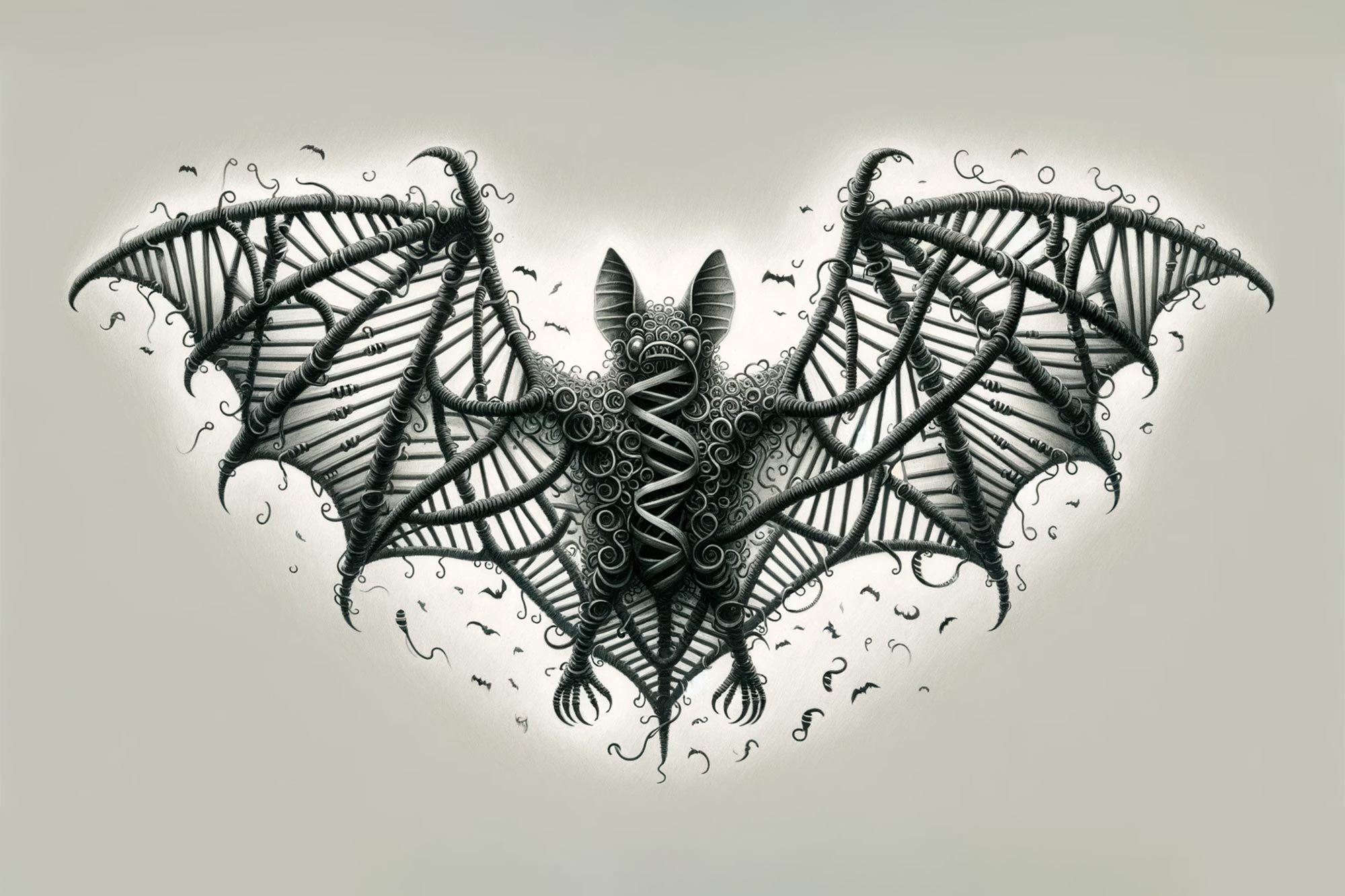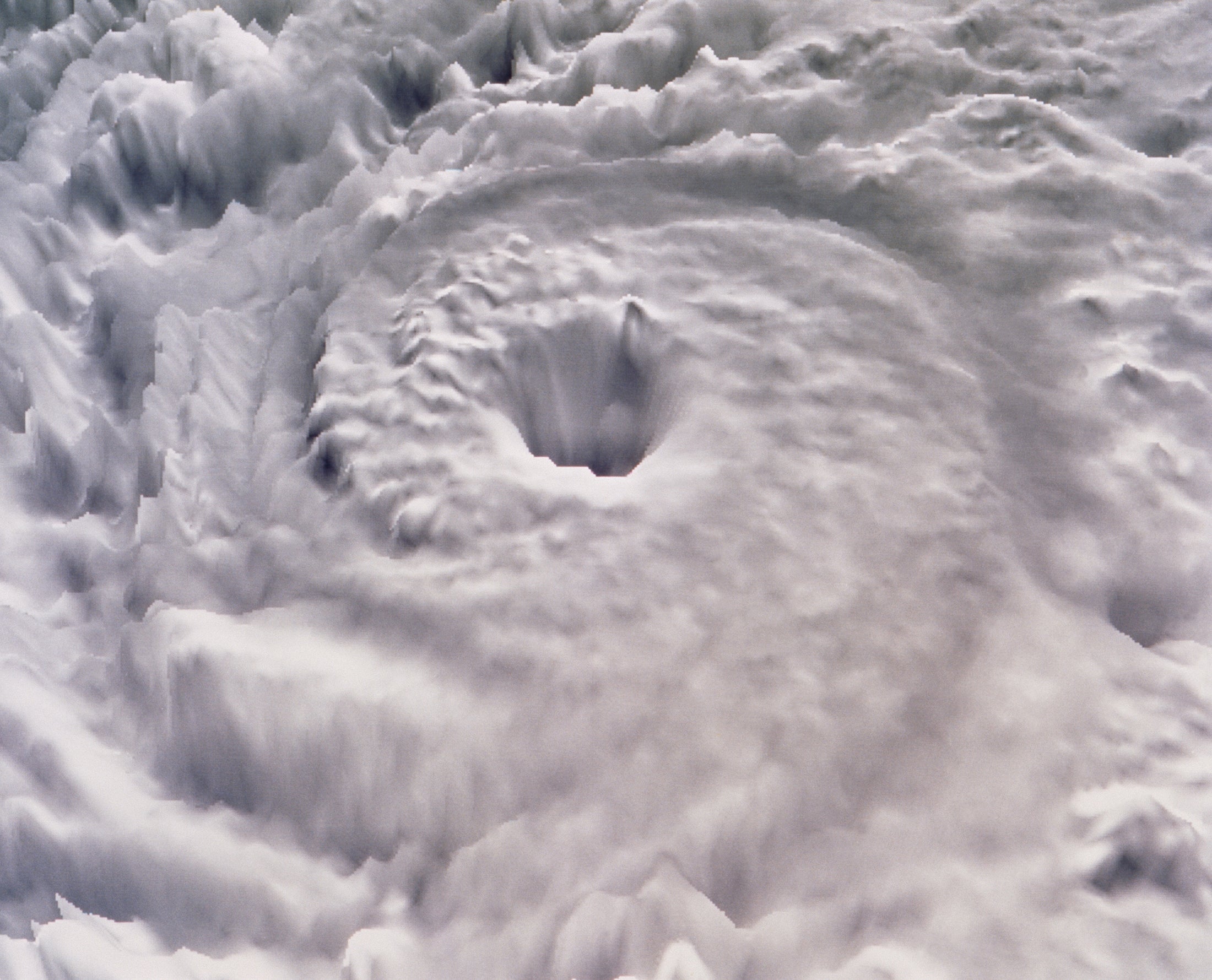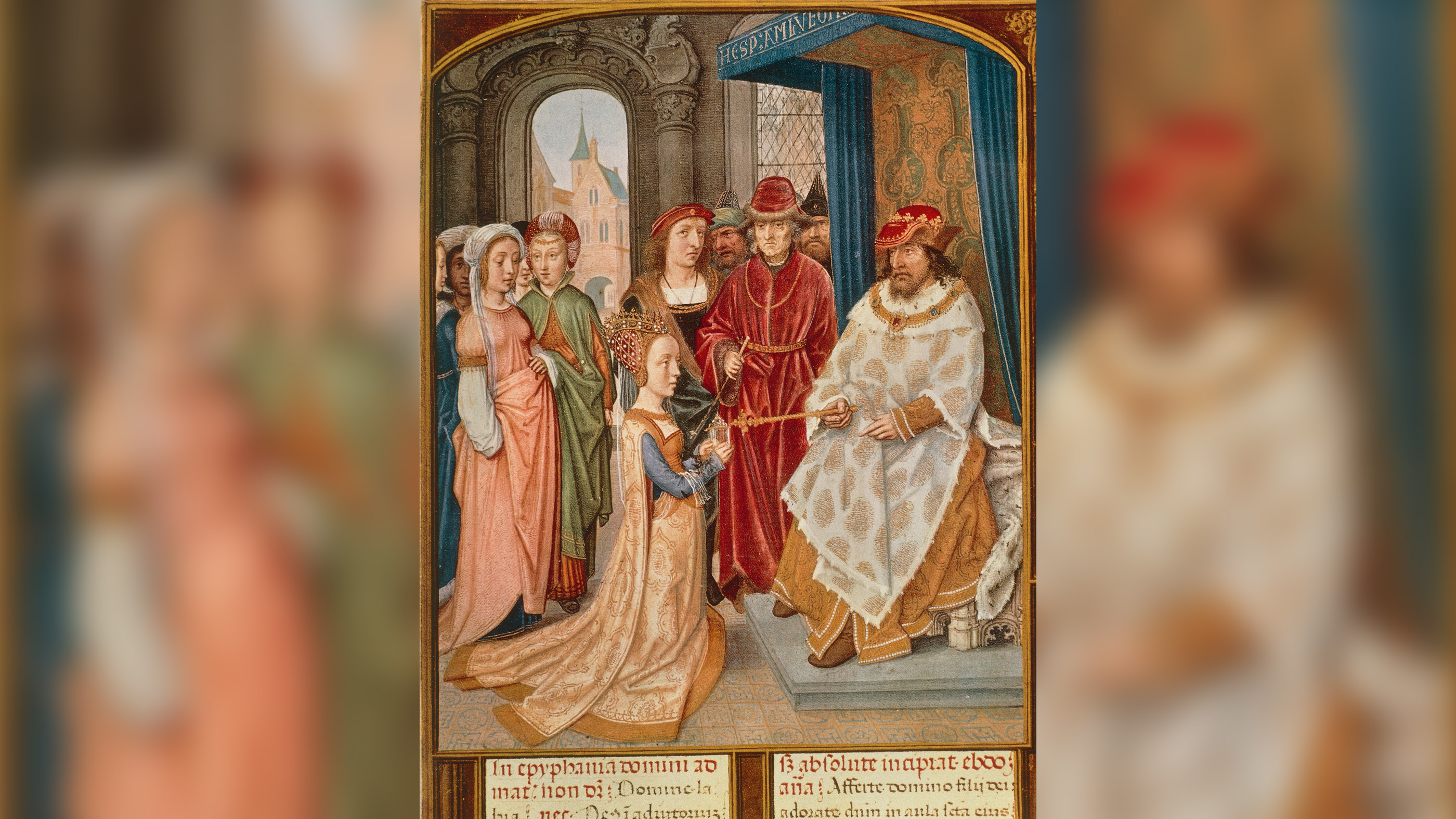
Solomon
Solomon, also called Jedidiah, was a monarch of ancient Israel and the son and successor of David, according to the Hebrew Bible and the Old Testament. In the Quran, he is considered to be a major Islamic prophet and is generally referred to as Sulaiman ibn Dawud. He is described as having been the penultimate ruler of an amalgamated Israel and Judah. The hypothesized dates of Solomon's reign are 970–931 BCE. After his death, his son and successor Rehoboam would adopt harsh policy towards the northern tribes; eventually leading to the splitting of the Israelites between the Kingdom of Israel in the north and the Kingdom of Judah in the south. Following the split, his patrilineal descendants ruled over Judah alone. The Bible says Solomon built the First Temple in Jerusalem, dedicating the temple to Yahweh, or God in Judaism. Solomon is portrayed as wealthy, wise and powerful, and as one of the 48 Jewish prophets.







